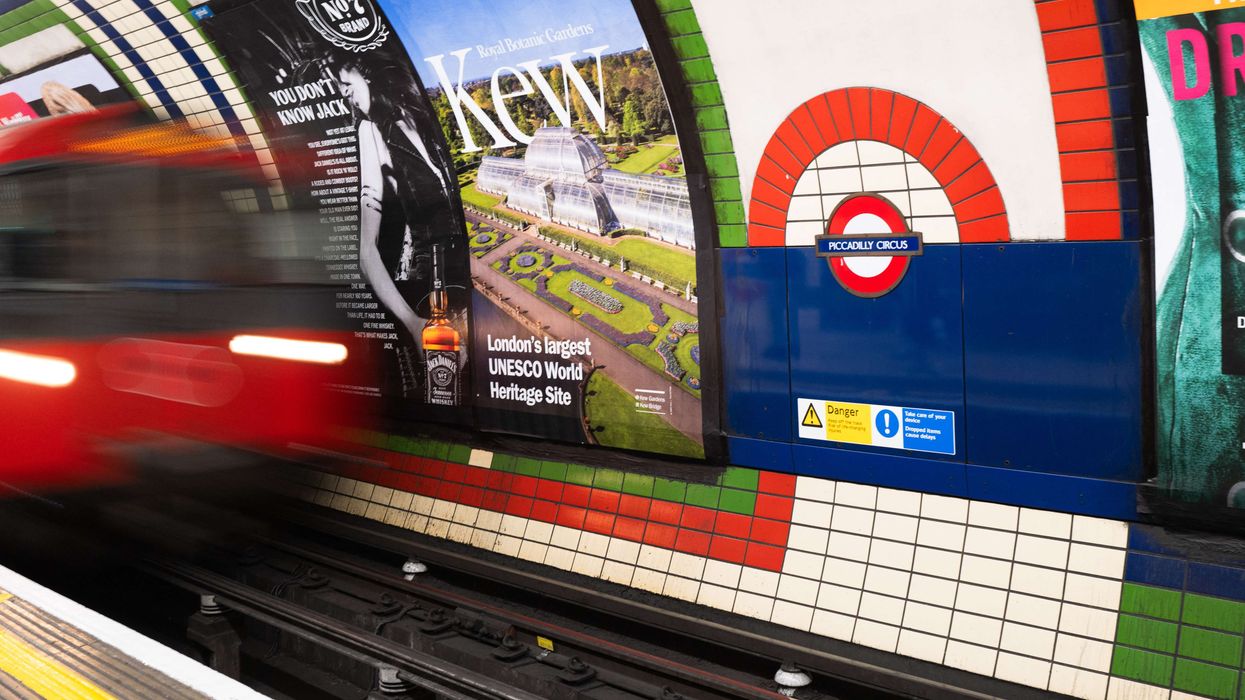AVALANCHES, flooding and harsh winter weather killed more than 130 people across Pakistan and Afghanistan in recent days, leaving others stranded by heavy snowfall, officials said on Tuesday (14).
At least 93 people died and 76 were injured across Pakistan with several still missing while a further 39 were killed in Afghanistan, according to officials in both countries.
Forecasts suggest more harsh weather is on the way.
Pakistani-occupied Kashmir was the worst-hit area, with 62 people killed and 10 others missing, the State Disaster Management Authority said in a statement.
In Kashmir's picturesque but conflict-riven Neelum Valley, heavy snowfall triggered several avalanches, including one that hit a village and killed at least 19 people.
"Ten people are still missing," the SDMA said.
Frequent avalanches and landslides occur in Kashmir during the winter, often blocking roads and leaving communities isolated.
Authorities have shuttered schools, while several highways and roads were closed across the country's northern mountainous areas, according to officials.
"The severe snowfalls and landslides in AJK have caused misery & deaths," tweeted Pakistan prime minister Imran Khan, referring to Pakistan-occupied Kashmir.
To the southwest, in Balochistan province, at least 31 people had been killed in separate weather-related incidents.
"Most of those who died were women and children," said Mohammad Younus, an official with the provincial disaster management authority, adding that hundreds remained stranded.
Across the border in Afghanistan, more than 300 houses were either destroyed or partially damaged throughout the country, said Ahmad Tamim Azimi a spokesman for the Natural Disaster Management Authority.
"A cold snap, heavy snowfall and rains that started two weeks ago have caused damage," he said.
Most casualties were caused after roofs collapsed under thick snow, he added.
Hardest hit were southern Kandahar, Helmand, Zabul and western Herat provinces.
In Herat, seven people all members of the same family and including children died when their roof caved in, Azimi said.
Harsh winters often take a heavy toll in mountainous Afghanistan, and the country remains poor despite billions of dollars in aid from the international community.
In Kashmir, avalanches triggered by heavy snowfall killed at least 12 people, including six soldiers.
Officials said army men and a paramilitary soldier died in two separate avalanches along the highly-militarised border dividing the Himalayan territory between India and Pakistan.
"Five army soldiers and a border security force personnel were killed in the snow avalanches on the Line of Control," Srinagar-based army spokesperson Colonel Rajesh Kalia told.
Separately, a top official from Kashmir's civil administration said six people were killed after their house came under a massive snow avalanche in the northern part of the valley that saw heavy snow in recent days.
In India's adjacent state of Himachal Pradesh, an avalanche buried an elderly person alive, while three others died in landslides, officials cited by the Press Trust of India said.
(AFP)











